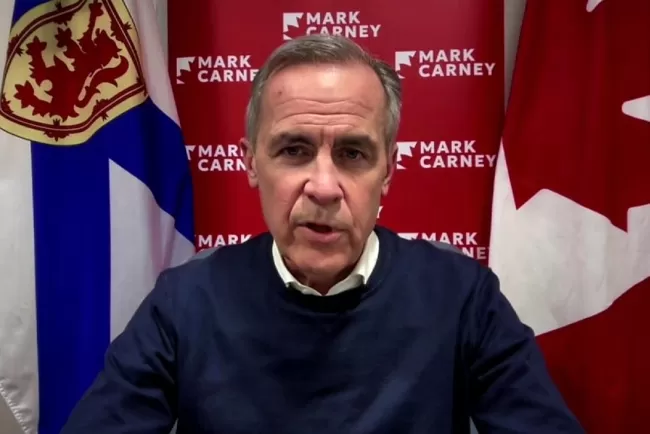Pakistan's Misinformation Crisis: Deputy PM Cites Fake News in Senate
In a troubling incident that highlights the ongoing challenges of misinformation in political discourse, Pakistan's Deputy Prime Minister and Foreign Minister Ishaq Dar recently cited a fabricated page of the Daily Telegraph during a Senate session. The page, which falsely praised the Pakistan Air Force as "the undisputed king of the skies," was quickly debunked by local media outlets.
The image, which had circulated widely on social media since May 10, was revealed to be AI-generated and not an actual publication by the Daily Telegraph. This revelation prompted Pakistani journalists and fact-checkers to scrutinize the claims, bringing to light the persistent issue of misinformation in Pakistan, particularly during times of heightened tensions with India.
The Role of Misinformation in Political Narratives
Following India's Operation Synindur targeting terror sites within Pakistan, the Pakistani government appears to have embarked on a misinformation campaign aimed at shaping the narrative surrounding the conflict. The incident involving Dar's speech underscores a pattern where political figures leverage dubious information to bolster national pride or divert attention from pressing issues.
Prominent news outlets such as Dawn and the Pakistan Information Bureau (PIB) have pointed out multiple discrepancies in the fake page, including spelling errors and inconsistencies in language and sentence structure. These flaws highlight the lack of credibility and professionalism in the dissemination of information that could influence public perception and policy.
The Implications of Misinformation
The reliance on fabricated news stories can have far-reaching consequences. It not only erodes public trust in official statements but also exacerbates tensions between nations. In the context of Indo-Pak relations, such misinformation can further complicate diplomatic efforts and incite unnecessary hostilities.
As the Pakistani government grapples with its credibility, the incident serves as a stark reminder of the need for responsible communication and fact-checking, especially from those in positions of power. The damaging effects of misinformation can undermine democratic processes and fuel conflict, making it imperative for leaders to prioritize accuracy over sensationalism.
Conclusion
The recent debacle involving Ishaq Dar illustrates the precarious nature of information in the political arena. With the proliferation of digital media and AI-generated content, the public must remain vigilant against the spread of misinformation. As nations navigate complex geopolitical landscapes, fostering a culture of transparency and factual integrity will be essential in promoting peace and stability.
Stay informed as we continue to monitor developments in this ongoing issue.
What's Your Reaction?

















